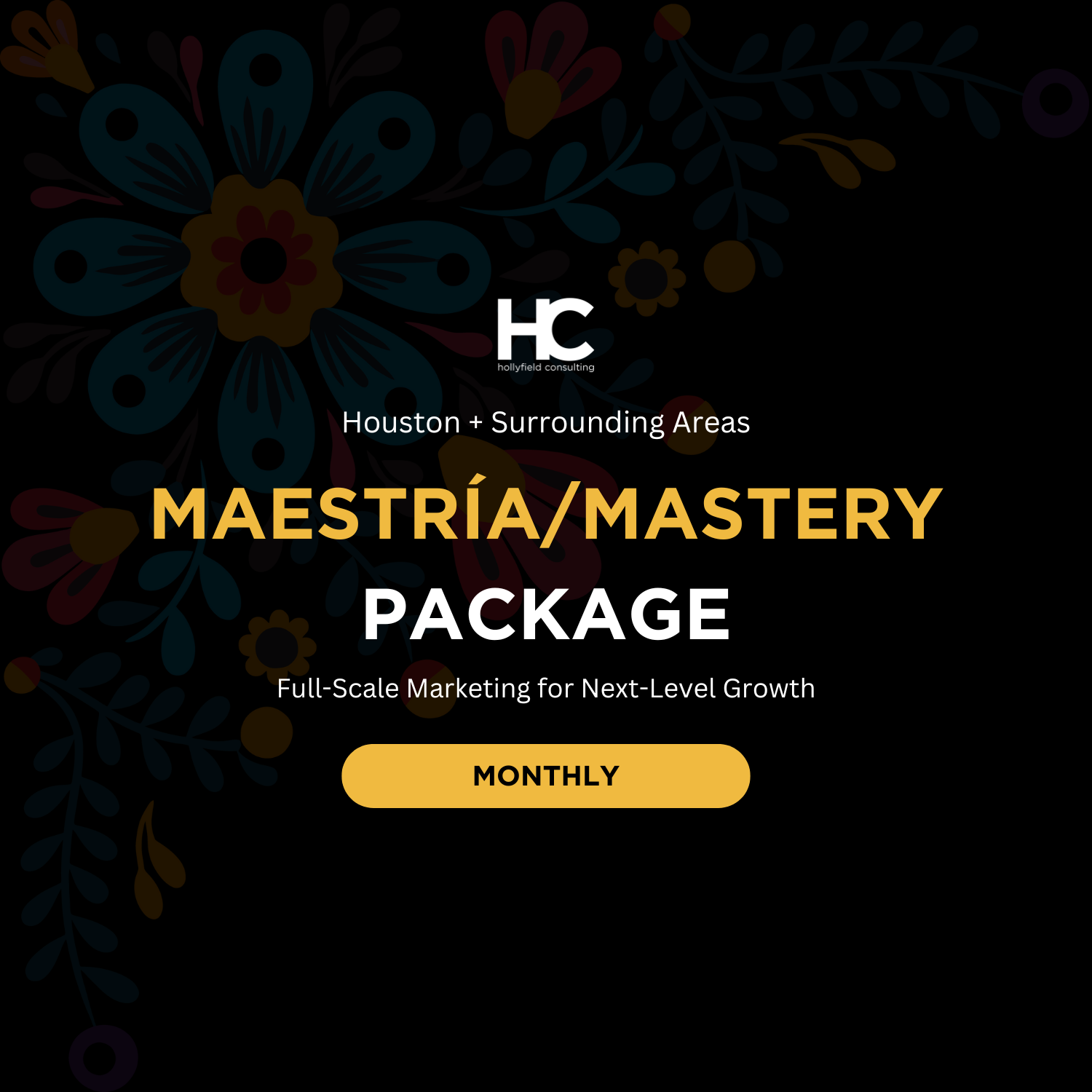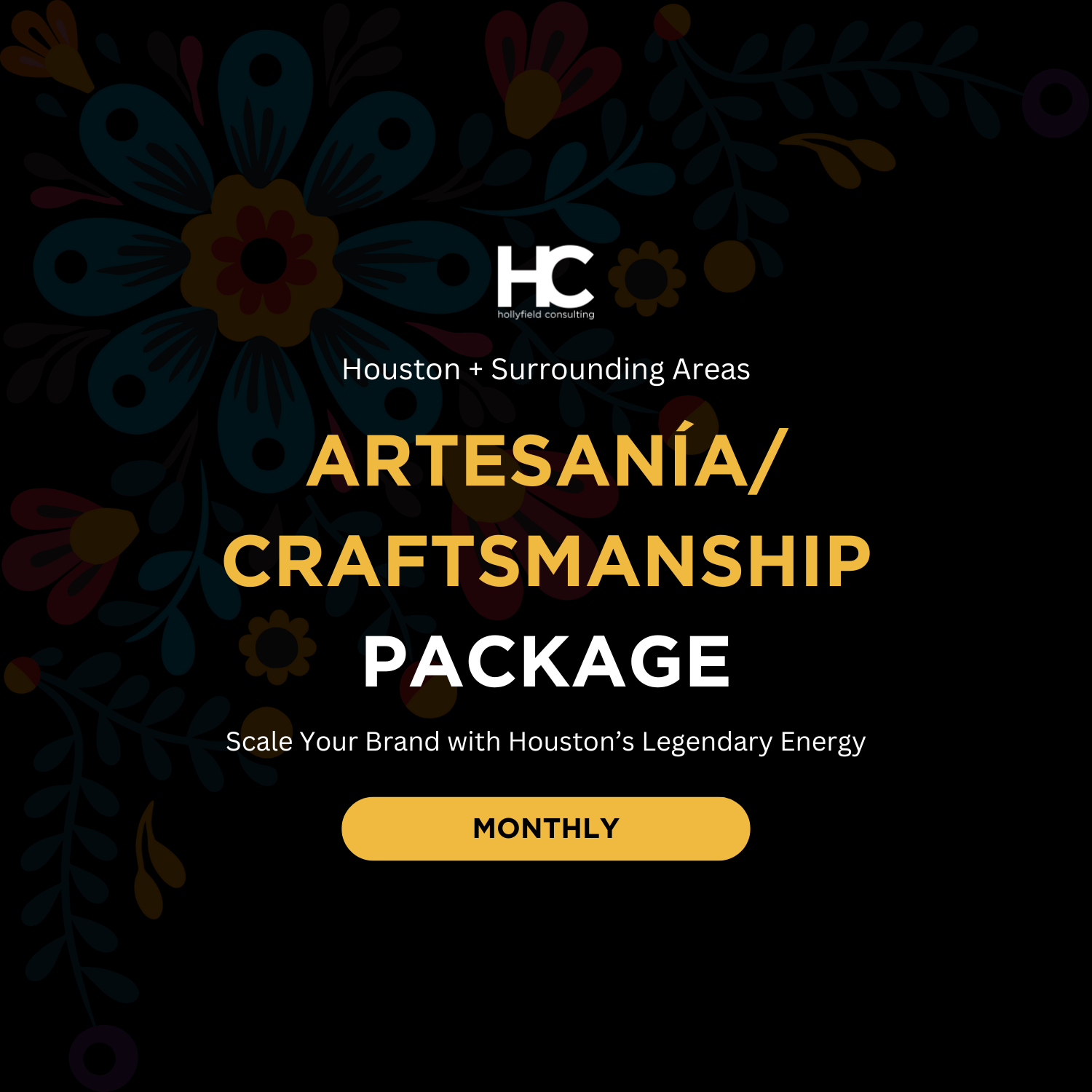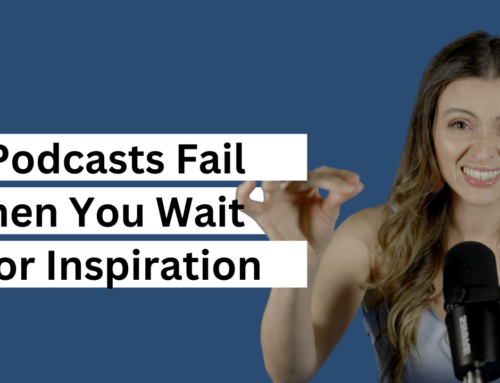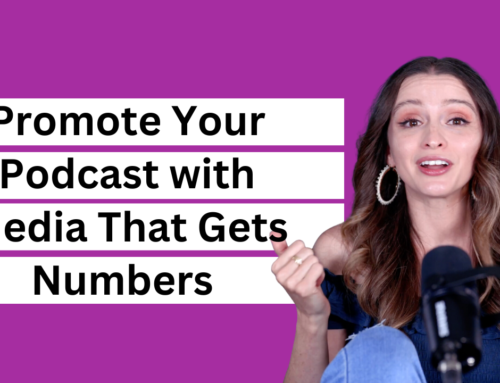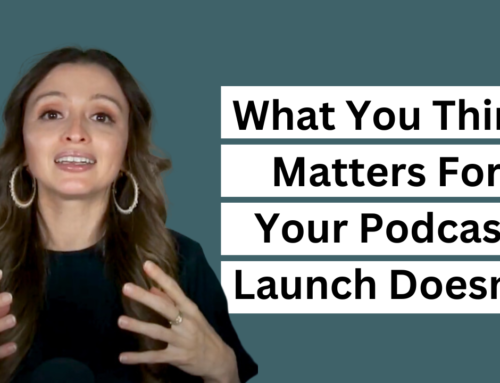Podcasts have emerged as a powerful medium for social good entrepreneurs and thought leaders to connect with their audience. With their engaging content and loyal followers, podcasts have become an invaluable platform to share knowledge, inspire action, and drive positive change. However, while podcast subscribers are crucial, one asset holds even greater potential for cultivating a strong and engaged community: an email list. Why? Because you do not own your podcast subscribers! If your primary podcast platform with the most subscribers shuts down, what will you do?
Let’s explore why podcast hosts with a social-good message should prioritize building an email list through their podcast and how it can serve as a game-changer in their sales funnel.
The Power of Ownership:
While podcast subscribers are vital to a thriving online presence, it’s important to recognize that you don’t technically “own” those subscribers. Podcast platforms, hosting services, and algorithms ultimately control access to your audience. On the other hand, an email list is entirely under your control. By building an email list, you create a direct line of communication that cannot be dictated by external factors or shifting algorithms.
Building Authentic Relationships:
Podcasts provide an intimate way to connect with your audience, but the relationship often remains one-sided. With an email list, you can engage in two-way conversations, encouraging feedback, questions, and personal interactions. By nurturing these authentic relationships, you deepen the bond with your audience and cultivate a sense of trust, loyalty, and community.
The Sales Funnel Advantage:
Moving listeners through the sales funnel is essential for social good entrepreneurs, thought leaders, or anyone who needs to make sales or donations. While podcasts can create awareness and generate interest, converting listeners into customers or supporters often requires additional follow-up. An email list empowers you to guide your audience through the different stages of the sales funnel, offering exclusive content, personalized offers, and targeted campaigns. With email, you can segment your list based on interests, demographics, or engagement levels, ensuring you deliver the right message to the right people at the right time.
Maximizing Reach and Impact:
While podcasts have a broad reach, only some listeners subscribe or keep up with every episode. By leveraging an email list, you can reach the most dedicated portion of your audience more effectively. Sending regular updates, highlights, and exclusive content via email ensures your message is preserved in the vast sea of podcast episodes. Moreover, with social media algorithms often limiting organic reach, emails become a powerful tool to bypass these constraints and directly reach your audience’s inbox.
Adaptability and Future-Proofing:
Digital landscapes constantly evolve, and social media platforms may rise and fall in popularity. By having an email list, you future-proof your communication strategy. Regardless of changing trends or emerging platforms, email remains a tried-and-true method of communication. Moreover, an email list can be leveraged to expand your reach to new platforms, such as social media or other digital products, providing a versatile foundation to adapt to the ever-changing digital landscape.
As social good entrepreneurs and thought leaders, your podcast subscribers are invaluable. However, to truly harness the power of your audience, it’s crucial to prioritize building an email list. By doing so, you take ownership of your communication channels, nurture authentic relationships, and maximize the impact of your message. An email list empowers you to guide your audience through the sales funnel, while also future-proofing your communication strategy. So, let’s focus on moving listeners to our email lists, transforming our communities, and creating lasting change together.
Here are some actionable steps to help you grow your email list through your podcast:
Create High-Value Content:
To attract and retain listeners, it’s crucial to consistently produce high-quality, valuable podcast episodes. Offer insightful discussions, practical tips, inspiring stories, and exclusive content that resonates with your target audience. By consistently delivering value, you’ll build trust and encourage listeners to take the next step of subscribing to your email list.
Promote Your Email List on Your Podcast:
Dedicate some time during your podcast episodes to promote your email list and explain the benefits of subscribing. Highlight the exclusive content, resources, discounts, or opportunities that subscribers will receive. Make it clear how joining your email list will further enhance their experience and engagement with your brand.
Offer Lead Magnets:
A lead magnet is a valuable resource or incentive that you offer in exchange for someone’s email address. Create lead magnets that align with your podcast content and provide additional value to your audience. Examples include downloadable guides, checklists, templates, exclusive interviews, bonus episodes, or access to a private community. Mention these lead magnets during your podcast episodes and direct listeners to a landing page where they can opt-in to receive them by providing their email address.
Optimize Show Notes and Episode Descriptions:
Make sure your podcast show notes and episode descriptions include a clear call-to-action encouraging listeners to join your email list. Provide a link or mention a specific landing page where they can easily sign up. Be persuasive in conveying the benefits and value they will receive by subscribing.
Utilize Guest Collaborations:
When you have guest experts or influencers on your podcast, leverage their reach to grow your email list. Ask them to share the episode with their own audience and include a call-to-action for listeners to join your email list. Offer an additional incentive for their followers to subscribe, such as a special discount or bonus content.
Cross-Promote on Social Media:
Leverage your social media presence to promote your podcast and encourage people to join your email list. Share snippets, highlights, or quotes from your episodes on platforms like Instagram, Twitter, and LinkedIn. Include a call-to-action in your social media captions, directing people to your podcast and inviting them to join your email list for more exclusive content.
Create a Landing Page:
Design a dedicated landing page on your website that focuses on capturing email addresses from your podcast listeners. Keep the page simple, compelling, and aligned with your branding. Clearly communicate the benefits of joining your email list and make the sign-up process quick and easy.
Mention Your Email List in Podcast Intros and Outros:
Use the intro and outro sections of your podcast episodes to mention and promote your email list. Remind listeners about the exclusive content, updates, and opportunities they’ll receive by subscribing. Repeat the call-to-action and direct them to a specific URL where they can sign up.
Engage with Listeners:
Actively engage with your podcast listeners through social media, comments, or direct messages. Respond to their questions, feedback, and suggestions. By building genuine connections and demonstrating your commitment to their success, you’ll encourage them to join your email list to stay connected and receive more personalized support.
Collaborate with Other Podcasters:
Collaborating with other podcasters in your niche can significantly expand your reach and help grow your email list. Guesting on other podcasts exposes you to new audiences who may be interested in what you have to offer. Take advantage of these opportunities to promote your email list and provide a compelling reason for listeners to subscribe.
Remember, building an email list takes time and consistent effort. Stay focused, track your progress, and continually optimize your strategies based on what works best for your audience. By combining the power of podcasting with email marketing, you’ll create a strong, engaged community that supports your mission and moves through the sales funnel toward meaningful action.























